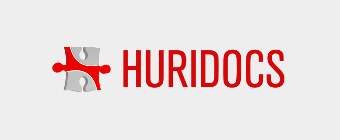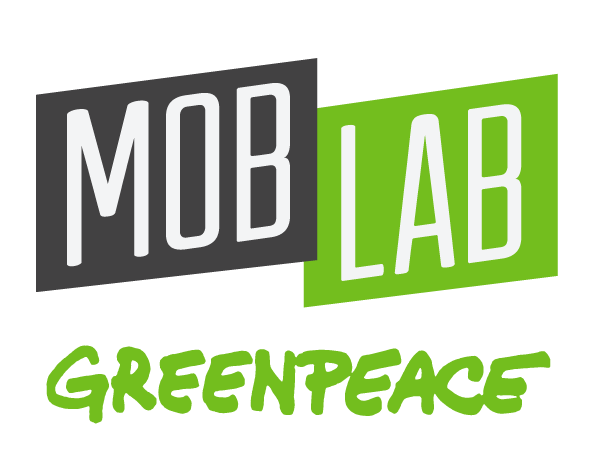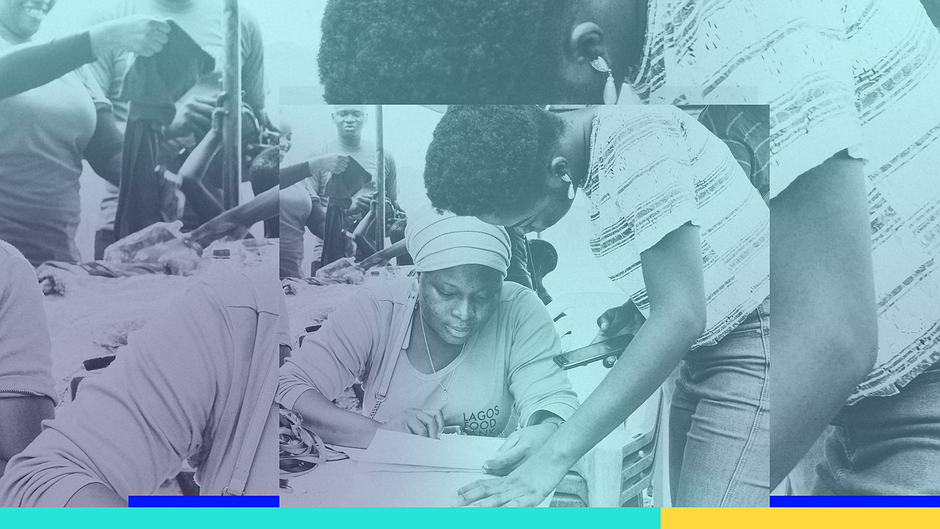Advocacy
30 mins
Researching human rights law for advocacy

- Abstract:
- Advocates rely on international human rights standards to hold governments to their legal obligations and for developing effective advocacy strategies. For example, activists using commitments their state has made to demand legislative change in their country, so that the country implements at home what it commits to at the UN. In order to understand the substance of international human rights law, advocates and researchers need to identify what the treaty texts and human rights bodies say about particular human rights or legal concepts. Unfortunately, there is no centralized database of international human rights law (yet).
- About this course:
- This course will allow students to develop a better idea of the kinds of human rights information that can support your research and advocacy efforts. You will also know where to find a wide range of human rights documents.
- What do I learn:
- In this course, you will learn how to find key human rights documents, including case-specific decisions, general treaty interpretation, human rights monitoring bodies’ reports on States’ compliance with their treaty obligations. You will learn how advocates use this information to frame and support their arguments, know what policies and recommendations States support at international bodies, guide their strategic decisions, understand realities on the ground, and be successful in protecting human rights.
- What do I need to know:
- This course is suitable for anyone who wants to research human rights standards and laws, and their interpretation and application to lead change in their community and country.
Trainers
- 1.1 Introduction to the course1.2 What is human rights law?1.3 Why is this information important for human rights law?
- 2.1 Define objective research questions2.2 Identify relevant sources and bodies2.3 Identify key documents via secondary sources2.4 Identify available databases2.5 Know the databases' limitations
- 3.1 When to use the UPR-Info database3.2 The UPR database: How to use it
- 4.1 When to use the RightDocs database4.2 RightsDocs database: How to use it
- 5.1 When to use the SUMMA database5.2 Summa database: How to use it
- 6.1 Wrap up video
Related courses
 CUNY Brooklyn College
CUNY Brooklyn College
90 mins
 CUNY Brooklyn College
CUNY Brooklyn College
40 mins
 Greenpeace Mob Lab
Greenpeace Mob Lab
40 mins
 Greenpeace Mob Lab
Greenpeace Mob Lab
Suggested reading

Blog
Building Capacity for Monitoring & Documenting Human Rights Violations
The purpose of this assessment is to evaluate the efficacy of strategies used by HRPs/HRMOs for communicating during blackouts. The goal of this project envisages to see a ZimbabweanCivilSociety that is prepared to document and monitor human rights violations without hiccups during internet shutdowns.

Blog
Advocacy Assembly Internet Shutdown Academy: Creative Strategies to Fight Back
Internet shutdowns are occurring increasingly globally, posing significant threats to freedom of expression, access to information & economic growth. These shutdowns manifest in various forms through different technical measures & are implemented by governments in various circumstances. Responding to this threat of internet shutdowns, Advocacy Assembly designed the Internet Shutdown Academy, a set of 10 full online courses in 7 languages!

Blog
Evaluating the Efficacy of State-Imposed Telecom Shutdowns in Northwest Nigeria
This article casts doubt on the shutdowns' effectiveness in curbing banditry, exposing alternative explanations for any temporary decrease in attacks. It questions the legitimacy of justifying these shutdowns as effective counter-terrorism measures, advocating for alternative approaches that prioritize community engagement, human rights, and development initiatives to address the root causes of insecurity and foster lasting peace in Northwestern Nigeria and Nigeria at large.

Blog
Impact of the Twitter Ban in Nigeria
This post is a research study on the impact of the Twitter ban in Nigeria on Human Rights Monitoring, Advocacy and Creativity. Read more.

Blog
Four Free Toolkits to Fight Internet Shutdowns
Let’s tell you a little bit more about each toolkit!

Blog
The Impact of Internet Disruptions on Farmers in Nigeria
In Nigeria’s Northwestern Sokoto State, farm workers grapple with geopolitical challenges, shifting climate realities, and economic turbulence. However, they now face a new, growing threat: a troubling rise in internet disruptions, which threatens their ability to work in an increasingly digitally connected world. Read more.
